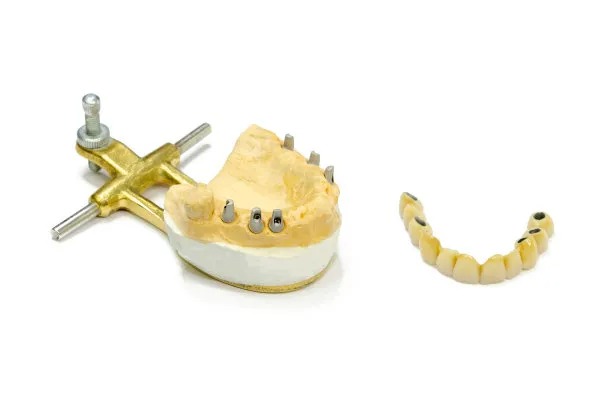Essential Guidelines and Precautions to Consider Before Undergoing Dental Implantation for Optimal Results and Recovery
Summary: Dental implants offer a long-lasting solution for those with missing teeth, but a successful procedure hinges on careful planning and precautions. This article discusses essential guidelines and precautions that are crucial before undergoing dental implantation. It emphasizes the importance of choosing a qualified dentist, considering individual health factors, understanding the procedure and aftercare, and being aware of potential risks and complications. With the right preparation and informed decisions, patients can significantly enhance their chances of achieving optimal results and ensuring a smooth recovery.
1. Choosing a Qualified Dental Professional

Before undergoing dental implantation, selecting the right dental professional is paramount. Look for a dentist with specialized training in implantology and a proven track record of successful procedures. Check their credentials and seek patient reviews to gauge their expertise and reliability.
Engaging in a thorough consultation can help establish a good patient-doctor rapport. During this meeting, inquire about their experience with dental implants, including the techniques and materials they use. A well-informed dentist will be transparent about the risks and benefits tailored to your specific situation.
Furthermore, consider the dental facilitys technology and equipment. Advanced imaging techniques and modern surgical instruments can enhance the accuracy and safety of the implantation procedure. Ultimately, investing time in selecting a qualified professional can lead to more predictable outcomes.
2. Health Factors to Consider for Patients
Your overall health plays an essential role in determining the suitability for dental implants. Conditions such as diabetes, osteoporosis, and cardiovascular diseases can affect healing and increase the risk of complications. It is crucial to inform your dentist about any pre-existing health conditions that may influence the procedure.
Moreover, you should review your current medications with your dental professional. Some medications, like blood thinners, can pose risks during surgery. In some cases, it might be necessary to adjust or temporarily discontinue certain medications prior to the procedure, under the guidance of healthcare providers.
Additionally, habits such as smoking can adversely affect healing post-implantation. Smokers are more likely to experience implant failure compared to non-smokers, so discussing lifestyle changes can be beneficial. A commitment to improved health may significantly enhance your candidacy for successful dental implantation.
3. Understanding the Procedure and Aftercare
Before the dental implantation, understanding the entire process, from surgery to recovery, is critical for patient confidence and comfort. The procedure typically involves several steps, including the surgical placement of the implant, allowing time for osseointegration, and then attaching the abutment and crown. Your dentist should provide a detailed overview of what to expect at each stage.
Post-surgery, proper aftercare is vital. Patients should adhere to prescribed pain management regimens and maintain good oral hygiene to prevent infection and promote healing. Its also essential to attend follow-up appointments for monitoring progress and promptly addressing any concerns.
Furthermore, some dietary adjustments may be necessary during the initial recovery phase. Soft foods are generally recommended to avoid stressing the surgical site, and hydration is important for overall recovery. Being proactive in aftercare can lead to a more successful outcome and minimize discomfort.
4. Risks and Complications to Be Aware Of
Every surgical procedure carries risks, and dental implantation is no exception. Complications can include infection at the implant site, nerve damage, sinus problems, and implant failure. Being aware of these potential issues allows patients to remain vigilant and seek timely intervention if needed.
Moreover, understanding the factors that contribute to these risks can empower patients to take preventive measures. For example, diligent oral hygiene practices and following your dentists care instructions can drastically lower infection risks. Additionally, regular check-ups can help your dentist catch any issues early.
Lastly, patient education about signs of complications, such as unusual swelling, prolonged pain, or looseness of the implant, can facilitate early detection. Knowing when to reach out for help can lead to more favorable outcomes and a smoother recovery process.
Summary:
In conclusion, undergoing dental implantation requires insight and careful consideration. From choosing a qualified dental professional to understanding individual health factors, the procedure itself, and potential complications, each aspect plays a crucial role in achieving optimal results. With diligent preparations, patients can increase their satisfaction and ensure a more comfortable recovery.
This article is compiled by Vickong Dental and the content is for reference only.



